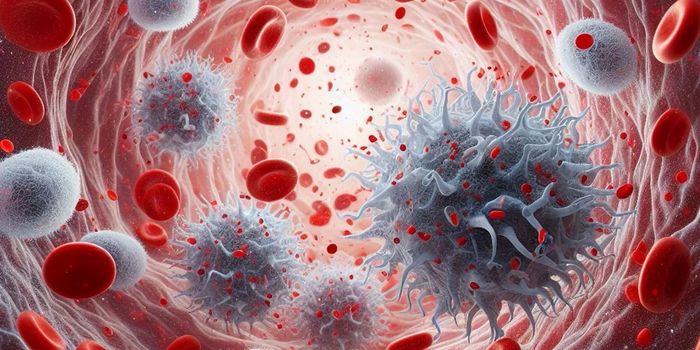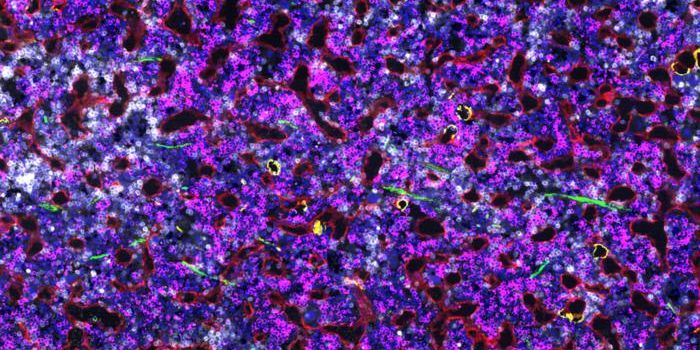Adding Immunotherapy to Chemotherapy Extends Survival in Endometrial Cancer Patients
Endometrial cancer, characterized by the formation of malignant cells in the endometrium, the tissue that lines the inside of the uterus, remains one of three malignancies currently facing rising incidence rates. An estimated 66,000 new cases of endometrial cancer will be diagnosed this year, and over 13,000 women will die from endometrial cancer. These statistics highlight endometrial cancer as a particularly concerning disease.
No new treatment options for endometrial cancer have emerged in recent decades. The global first-line treatment for advanced endometrial cancer, paclitaxel plus carboplatin, replaced the previous standard chemotherapeutic regimen based on a demonstration of non-inferiority. This means that the most common endometrial cancer treatment only proved “no worse than” other therapies. Thus, despite the advances in treating most solid tumors, endometrial cancer has received no feasible updates. Based on this lackluster history, there remains an urgent need to develop novel and efficacious treatment strategies for endometrial cancer.
Combining chemotherapy with immune checkpoint inhibitors (ICIs), immunotherapy drugs that block pathways that signal the immune system to ramp down, has proven successful for many solid tumors, including breast, lung, and head and neck cancers. Based on these successes, a team of researchers evaluated the efficacy of a chemotherapy plus ICI approach for endometrial cancer. The results of the study (NCT03914612), recently published in the New England Journal of Medicine, reveal promise for an emerging new treatment option.
The study enrolled 816 patients with stage III or IV or recurrent endometrial cancer. All patients received standard-of-care chemotherapy (paclitaxel plus carboplatin). Notably, this trial enrolled women at 395 hospitals across the United States, Canada, Japan, and South Korea.
In addition to chemotherapy, half of the patients received a placebo, while the other half received an ICI (pembrolizumab). When analyzing the results, the researchers considered the patients in two cohorts based on the mutational burden. While some cancers, known as mismatch repair-deficient (dMMR), have many mutations associated with cancer, others, known as mismatch repair–proficient (pMMR), contain the genes needed to repair DNA damage.
The study demonstrated that, in the dMMR cohort, 74% of patients receiving pembrolizumab achieved progression-free survival (PFS) at 12 months compared to only 38% of the patients who received a placebo. In the pMMR cohort, patients receiving pembrolizumab exhibited about four and a half months greater PFS than those receiving a placebo.
The results of this clinical trial, particularly the observed extension of PFS in patients receiving pembrolizumab, present strong evidence supporting the use of ICI in addition to standard chemotherapy in patients with advanced or recurrent endometrial cancer.
Sources: CA, J Clin Oncol (Miller), NEJM (Gandhi), J Clin Oncol (Burtness), BMC Cancer, NEJM (Eskander)









